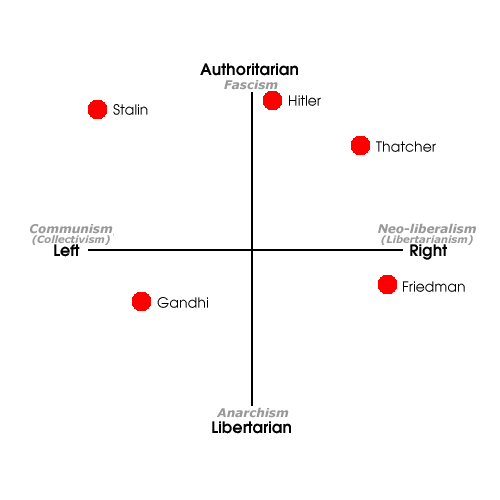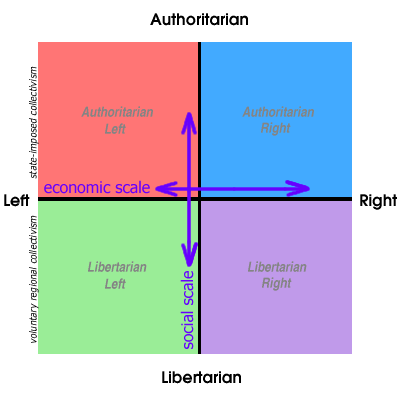The African chief converted to Christianity by Dr Livingstone
It is 200 years since the birth of David Livingstone, perhaps the most famous of the missionaries to visit Africa in the 19th Century. But as author and Church historian Stephen Tomkins explains, the story of an African chief he converted is every bit as incredible as Livingstone's.
According to the title of one biography, David Livingstone was "Africa's Greatest Missionary". This is an interesting claim about the Lanarkshire-born man, considering that estimates of the number of people he converted in the course of his 30-year career vary between one and none.
The variation is because Livingstone himself wrote off his one convert as a backslider within months of his baptism.
The irony is that this one backslider has a much better claim than Livingstone to be Africa's greatest missionary.
This man on whom Livingstone gave up became a preacher, a leader and a pioneer of adapting Christianity to African life - to the great annoyance of European missionaries.
His name was Sechele, and he was the kgosi or chief of the Bakwena tribe, part of the Tswana people, in what is now Botswana.
Born in 1812, he was 10 when his father, the previous kgosi, was killed. Two of his uncles divided the tribe between them. Sechele escaped with a few followers into the desert for nine years, and returned to oust one of his uncles.
This was how things stood when Sechele first met Livingstone - he ruled a half-tribe. Livingstone persuaded him to make peace with his other uncle by sending him a gift of gunpowder for his rifle.
The uncle was suspicious that the gunpowder was bewitched, tried to neutralise it with fire, and in the resulting explosion was killed. Sechele thus ruled over a reunited Bakwena.
Like many kgosi, Sechele was keen to have a missionary living in his town. Missionaries came with guns (and powder), making them an invaluable defence, and with medicine. Sechele amused Livingstone by asking for medicine to make him a better hunter. But the thing Sechele wanted above all from Livingstone was literacy.
He learned the alphabet, upper and lower case, in two days, compiled his own spelling books, and set about reading the one book in the Tswana language, the Bible. He ate breakfast before sunrise in order to start school as quickly as possible, and then taught his wives to read.
As Sechele grew increasingly interested in Christianity, he found two huge barriers in his way. One was rain.
Tswana tribes had rainmakers, whose job was to use magic to make the rain come. Livingstone, like all missionaries, vehemently opposed rainmaking, on both religious and scientific grounds.
Sechele happened to be his tribe's rainmaker as well as kgosi, and Livingstone's stay coincided with the worst drought ever known, so Sechele's decision to stop making rain was predictably unpopular.
The greater problem was polygamy. Sechele had five wives, and Livingstone insisted that to become a Christian he needed get rid of the "superfluous" ones. This was a political as well a personal nightmare, threatening the political structure of the tribe and relations with other tribes.
But in 1848 Sechele divorced four of the women and was baptised. The following year, however, one of his exes became pregnant, and it turned out that Sechele had fallen. He repented, and told Livingstone: "Do not give me up because of this. I shall never give up Jesus. You and I will stand before him together."
Livingstone did give up on him, going north to embark upon his celebrated adventures.

